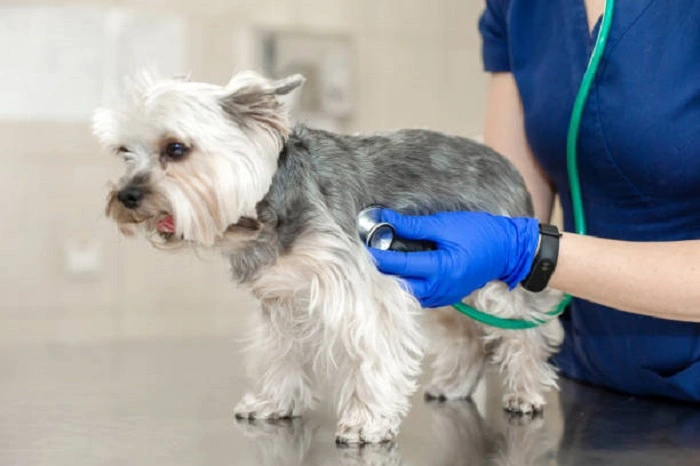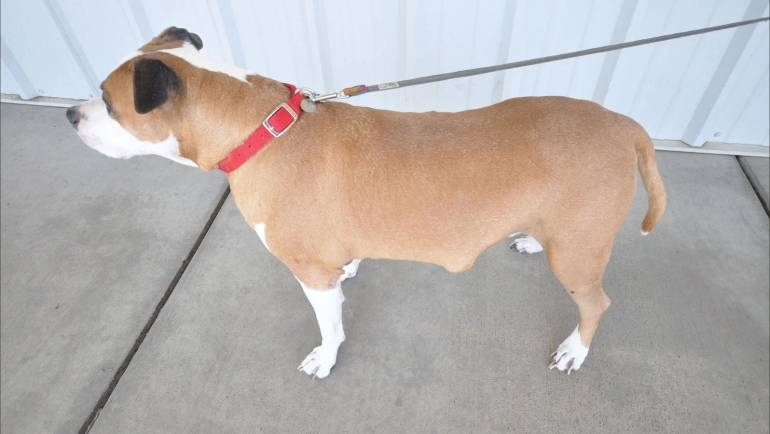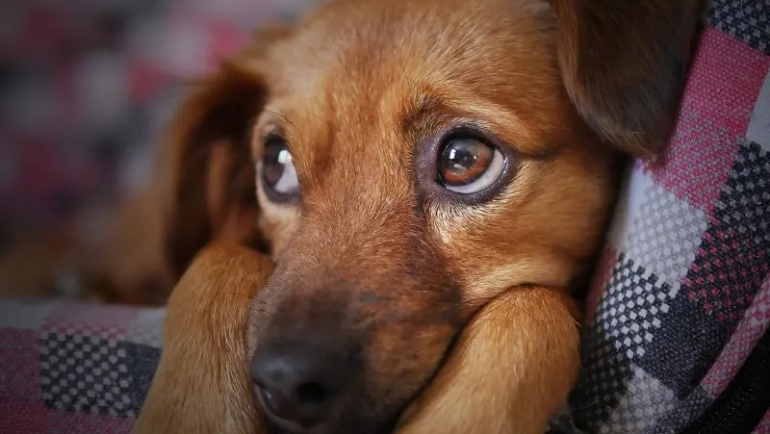154Views

Why Your Puppy Breathes Fast: Causes and Tips
Bringing a new puppy into your home is an exciting experience, but it’s natural for concerns to arise when you notice your furry friend breathing fast.
While occasional rapid breathing can be normal, persistent or unusual patterns may indicate an underlying issue.
In this article, we’ll delve into the various reasons why puppies may breathe fast and provide valuable tips for pet owners to ensure their canine companions lead healthy and happy lives.
Puppy Breathing Fast Causes
Puppy Physiology:
Before diving into potential causes for fast breathing, it’s crucial to understand normal puppy physiology. Puppies, like human infants, tend to breathe faster than adult dogs.
Their respiratory rate is influenced by factors such as age, size, and breed. Typically, a puppy’s breathing rate can range from 15 to 40 breaths per minute, with smaller breeds often exhibiting faster rates.
Exercise and Excitement:
One common reason for fast puppy breathing is exercise and excitement. Puppies have boundless energy, and engaging in play, running, or exploring their surroundings can lead to increased respiratory rates.
If your puppy has been active, it’s perfectly normal for them to breathe fast as they try to take in more oxygen to fuel their energetic endeavors.
Temperature Regulation:
Dogs regulate their body temperature through panting. Puppies, in particular, may pant more than adult dogs as they have a limited ability to sweat.
If your puppy is in a warm environment, feeling anxious, or experiencing stress, they may pant to cool down. Ensure your puppy has access to fresh water and a comfortable environment to help them regulate their body temperature.
Stress and Anxiety:
Puppies can experience stress and anxiety, especially during new experiences or changes in their environment. This may manifest as fast breathing, restlessness, or other behavioral changes.
Gradual introductions to new people, places, and routines can help reduce stress levels and promote a sense of security for your puppy.
You May Like: Best Puppy Leash Training Tips
Medical Conditions:
While occasional fast breathing may be normal, persistent or abnormal patterns could indicate an underlying medical condition. Respiratory infections, heart issues, or allergies are some potential culprits.
If you observe consistently fast breathing, consult with your veterinarian for a thorough examination and proper diagnosis.
Tips for Pet Owners:

- Monitor Breathing Patterns: Keep a close eye on your puppy’s breathing patterns, especially during different activities and environments. Understanding their normal behavior will make it easier to identify any deviations.
- Provide Adequate Exercise: Ensure your puppy receives the appropriate amount of exercise for their age and breed. Regular walks and playtime can help release excess energy, promoting overall well-being.
- Create a Comfortable Environment: Maintain a comfortable and stress-free environment for your puppy. Provide a cozy bed, toys, and a consistent routine to help them feel secure.
- Regular Veterinary Check-ups: Schedule regular veterinary check-ups to catch any potential health issues early. Your veterinarian can provide guidance on your puppy’s specific needs and address any concerns you may have.
You May Also Like: Home Remedies For Dog’s Bad Breath
Conclusion:
Fast breathing in puppies is often a normal part of their development and can be attributed to various factors.
By understanding the causes and implementing the suggested tips, pet owners can ensure their furry companions lead healthy and happy lives.
However, it’s crucial to remain vigilant and consult with a veterinarian if fast breathing becomes persistent or seems unusual, as it could be a sign of an underlying health issue.


